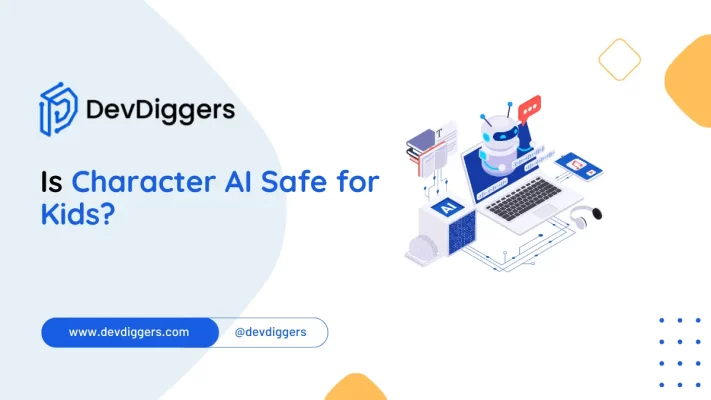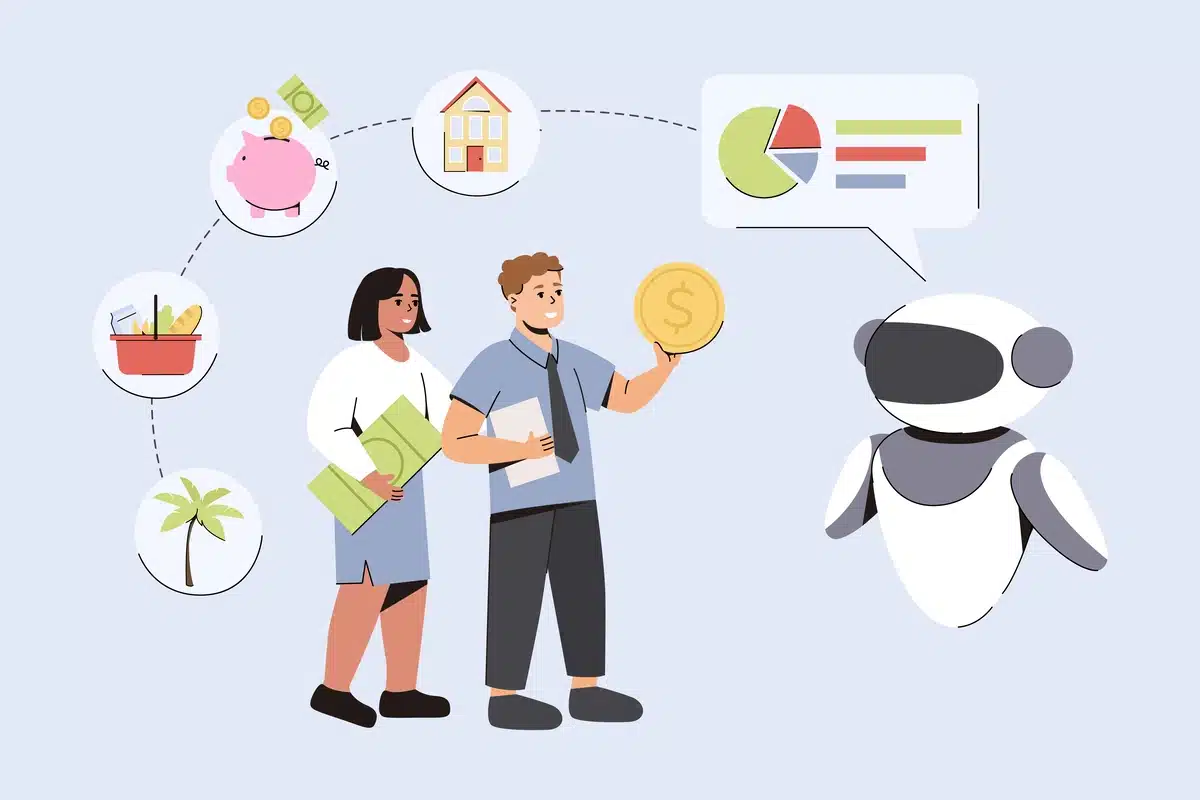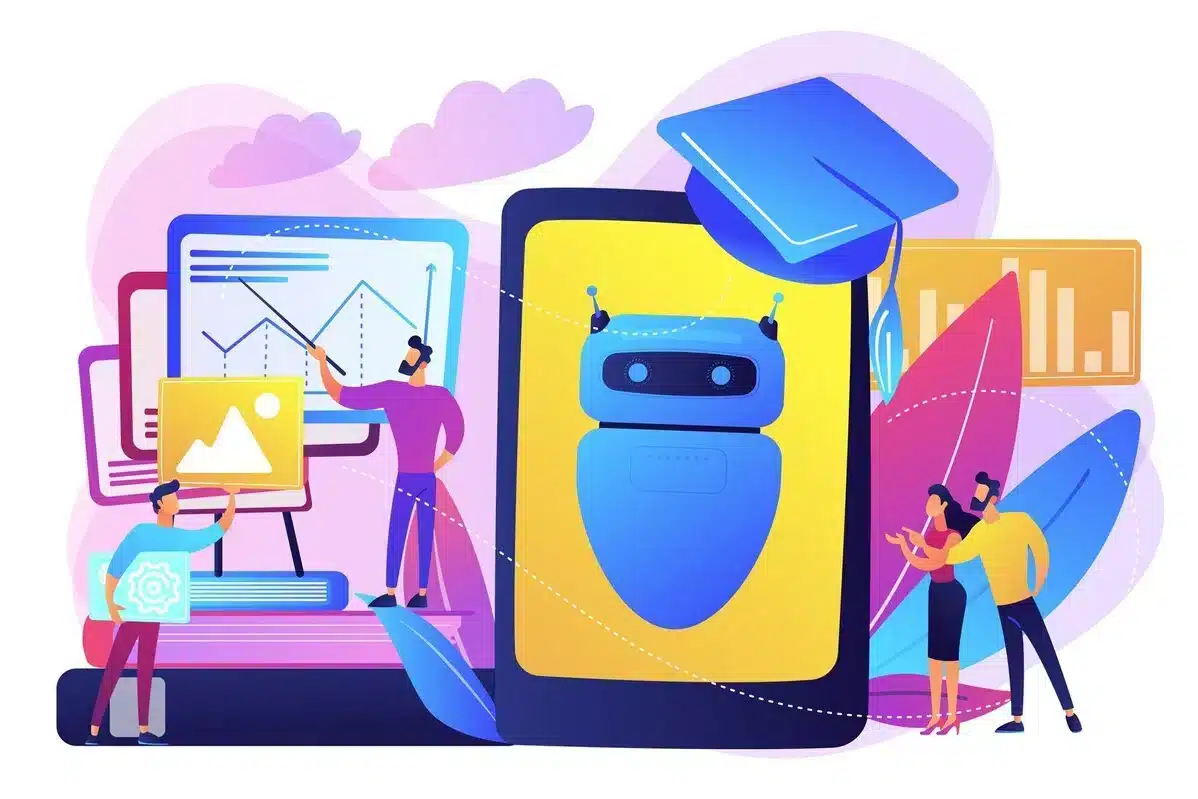Is Character AI Safe for Kids?

Today’s big and fundamental question is: Is Character AI safe for kids?
The kids grow up with technology all around them, and Character AI seems to be the next big thing sweeping their attention away.
These AI-driven characters can also interact, engage in a dialogue, and even attach to users, offering an immersive experience that is entertaining yet educative.
However, for kids, the foremost question would be safety.
Table of Contents
Understanding Character AI

Character AI, or artificially intelligent characters, is a digital entity that can communicate with users using text, voice, or even video.
While doing so, they learn and adapt from their interactions. These technologies are increasingly used in games, educational platforms, and social apps targeted at kids.
Specific Statistics on AI’s Impact
Recent studies have found that AI’s impact on children’s social development has been quite high.
For instance, a report compiled by Common Sense Media found that children aged 8–12 use AI tools at least once a week, while 35% of the parents raise concerns about the social interactions they replace.
Potential Benefits of Character AI for Kids

1. Enhanced Learning Opportunities
Character AI could transform how kids learn. An AI character can adapt to a child’s learning style, provide instant feedback, and create an individual learning environment, which is impossible for traditional methods to entertain.
Comparison with Other Technologies
Compared to other technologies, such as social media or video games, Character AI is more interactive and educative.
For more insights into how Character AI works and its cost considerations, you can read more about Is Character AI Free? This information could help you make a more informed decision about integrating Character AI into your child’s routine.
2. Improvement of Social Skills
The AI characters will also be able to help children develop social skills, especially those who are very bad at face-to-face interactions.
Artificial intelligence friends can model good social behaviours, give constructive feedback, and allow children to practice such skills in a non-threatening environment.
3. Encouragement of Creativity
Character AI can be a channel through which kids can further their creativity; they can participate in storytelling, playacting, and generally imaginative plays.
The kids could use the AI characters to develop their stories, invent new worlds, or even solve problems in new ways.
4. Development of Technological Literacy
The more AI becomes integrated into everyday life, the more children must understand how it works.
Playing with Character AI will allow them to get comfortable with technology, understand its potential, and develop critical thinking around it.
5. Positive Emotional Support
AI companions can help provide a feeling of companionship for a lonely or isolated child. They can talk to them and help them work their feelings out safely and nonjudgmentally.
Ethical Consideration: However, this benefit comes with the ethical responsibility to ensure that AI companions do not replace human relationships.
Is Character AI Safe for Kids?

Character AI is unsafe for users under 13 due to several ethical implications.
While Character AI offers exciting possibilities, it raises significant ethical questions, particularly regarding children. Here are some of the key ethical considerations:
1. Manipulation and Influence
As mentioned earlier, AI characters can learn and adapt based on user interactions. This adaptability raises concerns about the potential for manipulation, particularly if the AI is designed to influence behaviour or promote specific products or ideologies.
For more impressionable children, this manipulation can have a profound impact.
2. Exploitation of Vulnerability
Children are, by nature, vulnerable, and there is a risk that AI could exploit this vulnerability.
Examples include creating an AI character that asks for in-app purchases or one that indirectly influences behaviour or beliefs in a certain way.
This constitutes an exploitation in which the premises insured by parental authority are being hacked for negative outcomes.
3. Privacy and Data Security
Data collection and usage in children raise several severe ethical issues. Indeed, many uses of AI systems involve a great deal of data that could be applied to purposes other than those for which the initial interaction occurred.
Examples of such data include data collected by AI and then used to create targeted advertising, sell to third parties, or even build highly detailed profiles of young users.
Statistic: According to a 2023 survey by the International Association of Privacy Professionals (IAPP), 68% of parents expressed concerns about the data privacy of AI tools their children use, and 54% were unaware of how this data was being utilized.
4. Equity and Access
As AI technology becomes more prevalent, there is a risk that it could exacerbate existing inequalities. Not all children have equal access to AI tools, and those who do may not receive the same level of protection or benefit.
Ensuring that AI is used in a way that promotes equity and does not widen the digital divide is a critical ethical challenge.
Discussion of Future Developments
In the future, character AI development could lead to ever-more complex interactions and customized experiences.
Future developments may also include further AI characters’ ability to identify and respond to emotion and AI’s ability to work with other technologies like AR to create immersive learning environments.
Conclusion: Is Character AI Safe for Kids?
There is no easy way to say yes or no regarding Character AI safety for children. Like all technology, this one has advantages and disadvantages.
But, yes, it is completely safe for children above 13 years of age who have security awareness. Children under 13 do not have any security awareness, so they can get into trouble by revealing sensitive information to chatbots or in public chat rooms.
The key is for parents to be informed, vigilant, and proactive in guiding their children’s interactions with AI.
Call to Action
If you found this guide helpful, consider sharing it with other parents who may be wondering about the safety of Character AI for their kids.
Stay informed about the latest developments in AI technology, and don’t hesitate to contact experts or educators for advice. Your child’s safety and well-being are worth the extra effort.
